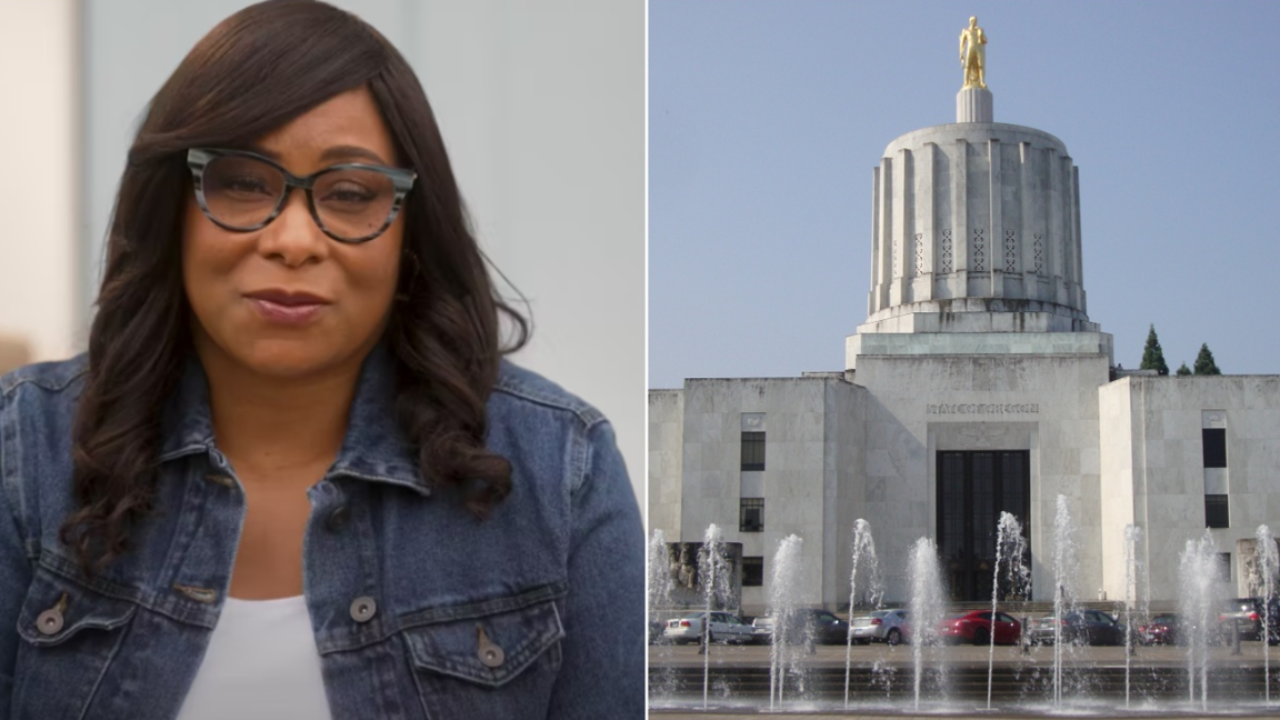Sat Oct 5, 2024 - 1:22 pm EDTSat Oct 5, 2024 - 1:24 pm EDT
VATICAN CITY (LifeSiteNews) — A Maronite Lebanese bishop issued an impassioned plea for peace at the Vatican today, adding that “US and Western countries” are too motivated by “political and economic” interests to intercede for Lebanese people.
During a Synod on Synodality press briefing today, Bishop Mounir Khairallah of the Maronite Church spoke movingly about the need for piece in his native Lebanon. The country, he said, “has been engulfed in fire and blood for fifty years.”
The war “began under the pretext of a religious and confessional war, mainly between Muslims and Christians,” but he said that people have “have failed to understand that it is not entirely a war of confession or religion. It is a war that has been imposed upon us.”
Khairallah’s interventions at the current Synod on Synodality have been focused on promoting peaceful co-existence and the need for forgiveness. “Talking about forgiveness, when bombings strike all of Lebanon, would it be impossible? No. In all this, the population of Lebanon rejects, as always, the language of hatred and vengeance.”
NEW: Lebanese Maronite Bp Mounir Khairallah says due to “too many interests on political & economic level” US & Western countries “aren’t supporting” Lebanese.
In strong testimony, calls for peace in region, citing how he forgave man who assassinated his parents when he was 5. pic.twitter.com/qotNB967aL
— Michael Haynes 🇻🇦 (@MLJHaynes) October 5, 2024
Forgiveness for an assassin
His own life bears testimony to the power of forgiveness. Khairallah was only five years old when his parents were murdered. {His speech can be read here}. His aunt, a Maronite religious sister, took the orphaned children to her monastery where she instructed them to pray for the assassin. Khairallah recounted:
She told us: “Let us not pray so much for your parents; they are martyrs before God. Let us instead pray for those who killed them and seek to forgive throughout your lives. Thus you will be the children of your Father, who is in Heaven.”
Though he forgave the assassin while young, Khairallah said it was not until he was preaching a retreat to Lebanese youth shortly after his ordination that the full enormity of the meaning of forgiveness struck him. He was asked if he would forgive the assassin if came to Confession:
Because it is true that I have forgiven, but now I see that I have forgiven from afar; I had never seen this person. Today they come and stand there, in front of me… I am also human; I have my feelings, but finally yes, I would give them absolution and forgiveness.
Using this example, Khairallah urged the importance and necessity of effecting peace. “Therefore, even today, despite all that happens—50 years of blind, savage war—despite everything, we as peoples of all cultures of all confessions, want peace; we are capable of building peace.”
He counseled against putting faith in “politicians” who “make their interests at our expense.” Instead he urged people individually and as national communities to work for peace and reject promotion of war.
Linking his profound testimony to the working of the current Synod, Khairallah said that he understood Pope Francis’ message of “synodality” in light of forgiveness:
I understood from Pope Francis’s message when he called to make, to live together synodality—which is still a practice in our Eastern Churches—he asked the entire Church to begin to live forgiveness, reconciliation, and personal and community conversion in order to walk together towards the construction of the kingdom of God. Yes, we want to do it; we can do it!
Nations refusing to act
Khairallah’s call for peace comes against the backdrop of similar calls made in recent days by Jerusalem’s Cardinal Pierbattista Pizzaballa and Pope Francis. The Holy Land region, Pizzaballa said, “has been plunged into a vortex of violence and hatred never seen or experienced before.” Referencing the “intensity and impact of the tragedies” in the past year, the cardinal said such scenes had “deeply lacerated our conscience and our sense of humanity.”
Khairallah echoed this, and pointed more directly at international lack of action. “The world is quiet” over the suffering of Lebanese people, he said, because “there are too many interests on political and economical level, and these interests have nothing to do with Christian values, or human values because human dignity and freedom don’t count for anything any more.”
Such “interests have upper hand and so unfortunately the Americans but also Western countries aren’t supporting us, they do not support the oppressed people.”
However, he stressed that hope remained and praised the Holy See’s diplomatic efforts, which have been in favor of the two-state solution of Israel and Palestine.
Such a proposal – also favored by the United Nations – has been “always rejected by Israel’s politicians,” said Khairallah.
“This is a message from the synod, the message is that people who are oppressed should have right to decide the future,” he ended.
Full coverage of the Synod on Synodality can be found on LifeSiteNews.com and on the X account of LifeSite’s Vatican correspondent.
Your support makes stories like this possible!
LifeSiteNews is completely donor supported, allowing us to report on what truly is happening in the world, free of charge and uncensored. A donation to LifeSite will ensure millions around the world can continue to come to our site to find the truth people are so desperately searching for on life, faith, family and freedom.

 By LifeSiteNews (Politics) | Created at 2024-10-05 17:29:24 | Updated at 2024-10-05 20:08:04
2 hours ago
By LifeSiteNews (Politics) | Created at 2024-10-05 17:29:24 | Updated at 2024-10-05 20:08:04
2 hours ago



